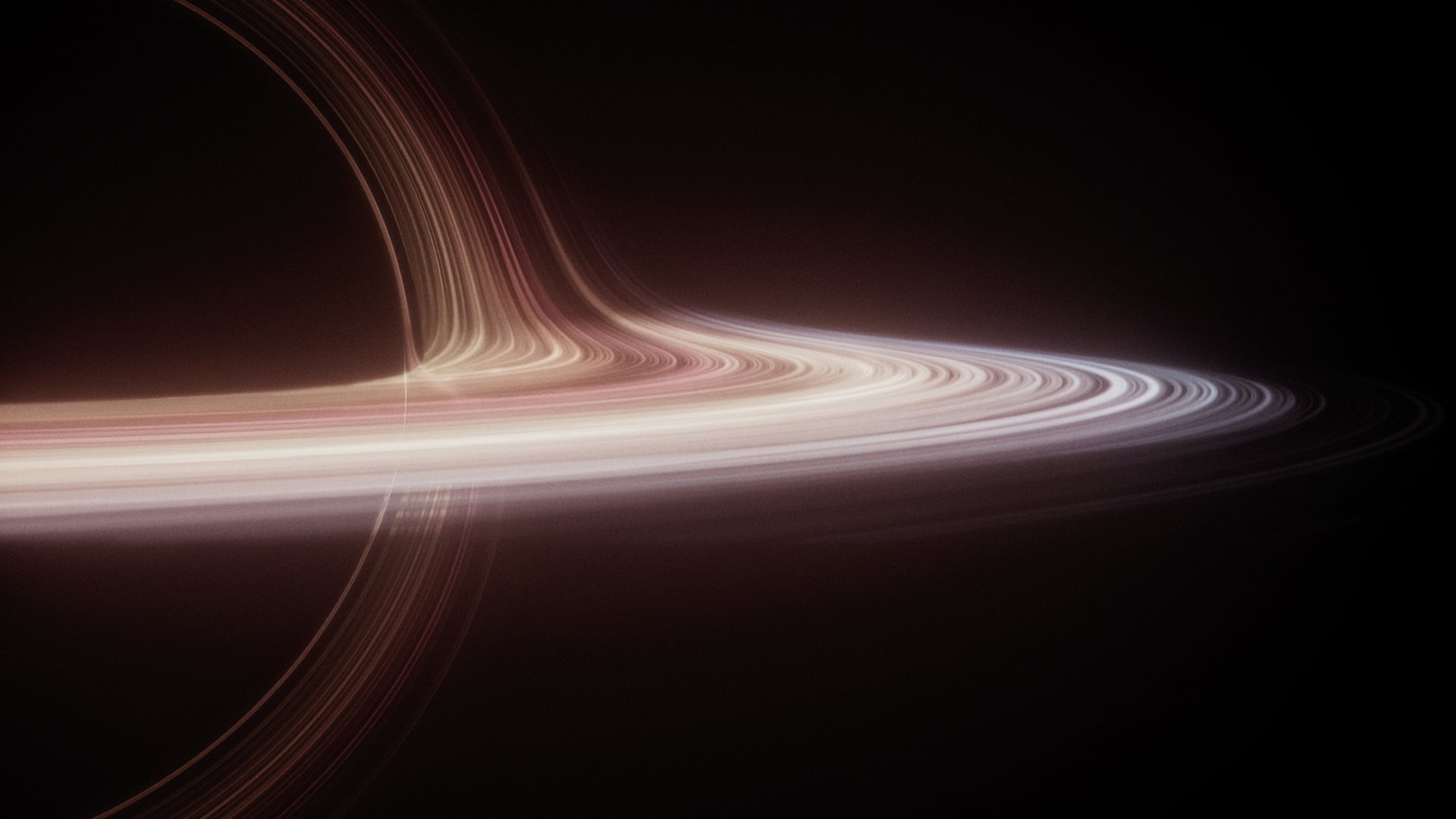I was just watching a NOVA episode about black holes. Every scientist they had told a story of black hole formation, accretion, combination, action on nearby masses. Then I realized, we've never seen any of this. Even one scientist admitted we only see snapshots over time of different systems, each at it's own stage.
Other fields do the same: we tell the story of evolution, when we've never seen even one species turn into another or split into two. We believe in the action of atoms and tell the story of a reaction using the properties of bulk matter to explain that action when we know the properties of individual atoms are different from the properties of bulk atoms. We tell stories of the creation and modification of rock, when the process is too slow to observe with the exception of earthquakes, and they we can't say what lead to the build up of energy that caused it. We describe animal behavior when we have limited observation.
For example, the image NOVA gave us to demonstrate the black hole isn't real; it's invented, and it's not even describing what we imagine the real behavior of matter around a black hole might be:

We tell stories. But these stories are not based on what we saw, and when we tell them to non-scientists we don't even try to say why we believe it. These stories aren't reports, they are myths. We tell these scientific stories exactly the way we tell myths. Lay people know science only through these stories, recognize them for what they are, and then we scientists are bothered lay people don't believe us. Well they shouldn't believe us, having heard only the myths.
The problem in telling myths is we leave it to the layman to sus out how much is real and how much is made up and they can't do that. Scientists are creative and inventive. They can tell a great story. They can convince anyone of things that just aren't so. The layman has to trust, and they are correct in not trusting scientists. We have given them so little proof they'd need to be idiots to believe the story.
How do we fight this?
Be skeptical. We've all but lost skepticism in science. Scientists have specialized to the point we can't recognize the myths in any field but our own, and in our own we tell the stories to describe it to other scientists. And no one says, "Prove it," especially in the stories we tell.
Science writers can't tell the difference between guess, hypothesis and theory.
[Myth:] If it’s called a theory, it’s the same as a hunch: That’s true sometimes, when you’re just beginning to look into a phenomenon. But after a while, the word merely means that you didn’t actually see the event play out—even if all the evidence tells you what happened. The theory of evolution? A fact. The Big Bang theory? A fact. But unless you’re 13.8 billion years old, you weren’t here to witness it all.
Time: Top 10 Science Myths
Everything they described has no proof. It hasn't been through the scientific method, where hypotheses are tested in every way we can imagine to disprove them. Some can't be tested. That does not give them a "bye" to advance to the next level, theory; it locks them into hypothesis. Some are locked into the guess level there is so little evidence. And some can't even prove themselves beyond the hunch level, which is where the UFOs live. Heck, conspiracy theories have more supporting evidence than some of our scientific theories have.
So doubt everything. Make the scientist prove what he says. If they can't you are free to ignore them. Be skeptical. By cynical if you like, but I don't see an advantage of cynicism over skepticism.
Good luck out there.